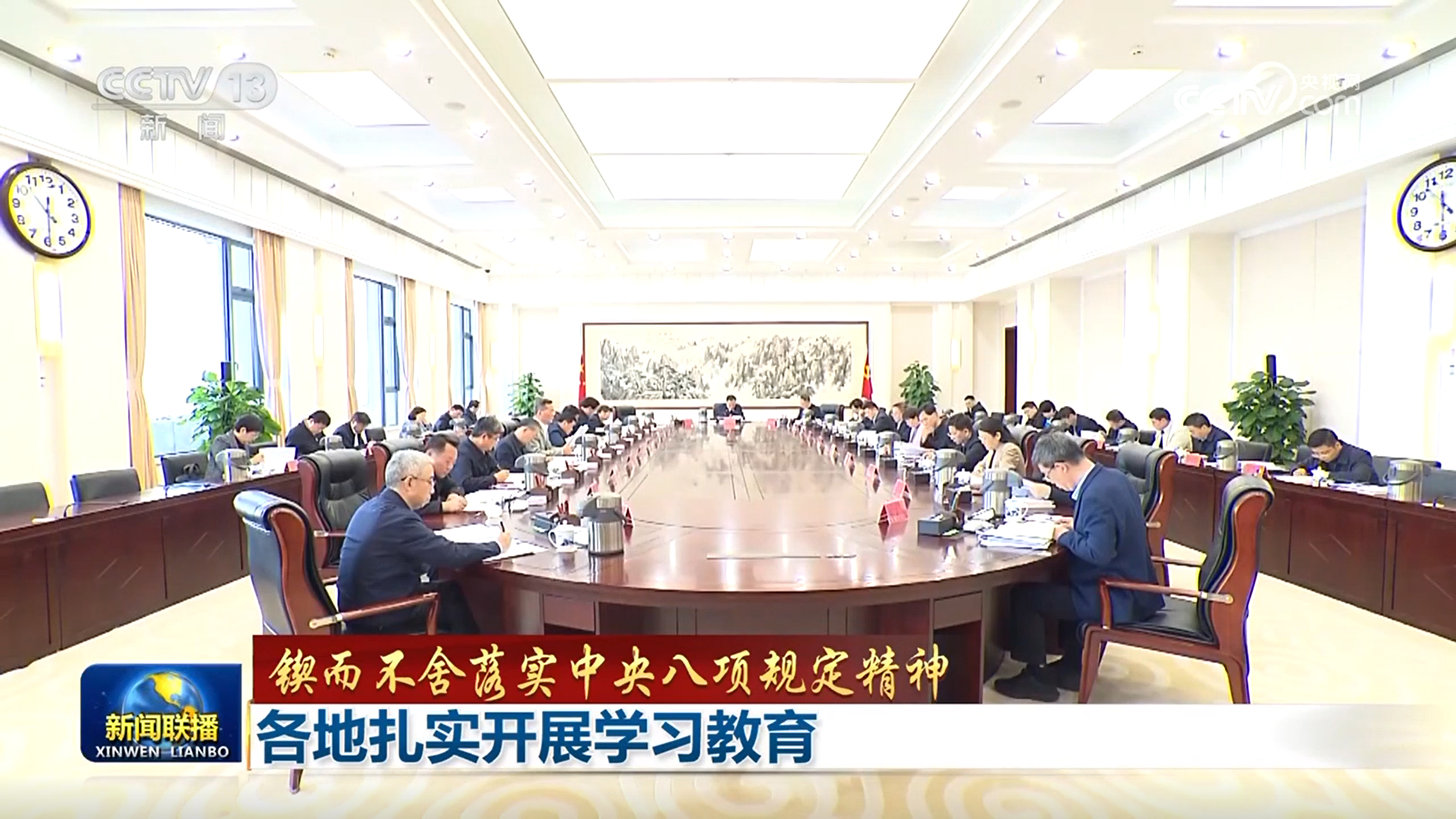CCTV News: On the afternoon of March 31, 2025 (Monday), the National Development and Reform Commission held a special press conference of the National Development and Reform Commission to introduce the relevant situation of establishing and improving a long-term supervision mechanism for charging related to enterprises, and answering reporters' questions.
Niu Yubin, Director of the Price Department of the National Development and Reform Commission, introduced that in recent years, in order to strengthen the supervision of enterprise-related fees, various regions and departments have explored innovative methods and methods, relevant national departments have established a list of four charging catalogs, including administrative and institutional fees, government funds, enterprise-related deposits of the State Council departments, and government-priced business service fees. Judging from the practical results, the management of charging items on the list is relatively standardized and reasonable, which plays an important role in constraining the behavior of charging entities and improving the transparency of charging. In order to further effectively regulate the charging behavior of government departments and subordinate units and fully summarize the experience of the existing four catalog lists, the "Guiding Opinions" proposes to improve the charging list system for enterprises-related fees, which mainly considers three aspects.
The first is to establish a "boundary". Some government departments and subordinate units have administrative power and influence, and are in an advantageous position in the process of providing services, and have great discretion in charging fees. The "Guiding Opinions" clearly state that all departments and provinces must establish a comprehensive list of enterprise-related charges for government departments and subordinate units to achieve full coverage of the catalog list. No charging items outside the list shall be charged, which sets a clear boundary for enterprise-related charges. This will effectively curb some government departments and subordinate units’ illegal charging behaviors such as setting up charging items without authorization and expanding the scope of charging, urging the charging entities to strictly charge fees in accordance with the law and regulations, and further standardize the charging order related to enterprises.
The second is to "show orders" in the sun. The openness and transparency of charging items independently established by some government departments and subordinate units is insufficient, the service content is unclear, the service standards are unclear, and the charging standards are unreasonable. The "Guiding Opinions" clearly state that the catalog list should clarify basic information such as service content, service standards, and charging levels. This will ensure that the company can clearly understand the specific situation of each charging item, know the fees they should pay at a glance, effectively avoid illegal charging behaviors caused by information asymmetry, and allow the company to pay the fees clearly.
The third is a single "all-in-one check". The charging policies related to enterprises are numerous and scattered in the form. Although some charging fees related to enterprises are included in the list, they are not updated in a timely manner, and in fact they do not play a good role in information disclosure. The cost of obtaining information by enterprises is still relatively high, and they face problems such as difficulty in inquiry, verification, and difficulty in protecting rights. The "Guiding Opinions" proposes that every department and every province must establish a clear and comprehensive catalog list, and make it public and update it to the public through various channels such as government portals and government affairs disclosure columns. This will strengthen policy integration and facilitate rapid inquiries by enterprises. At the same time, enterprises can also verify the legality and rationality of charging items based on the list, promptly discover illegal charging problems and report them to relevant departments, and enhance the company's awareness and ability to protect rights.
In order to implement the list system for charging for enterprises and play the role of the list, four aspects of work arrangements are planned.
First, comprehensively sort out the charging items. All regions and departments are required to strictly compare laws, regulations and relevant policy documents, comprehensively sort out and clean up the charging items related to enterprises in the region and the field, and ensure that each charging item has a basis.
The second is to formulate a unified list format. The four departments will work with relevant departments to formulate unified list formats and compilation requirements, clarify the basic information, compilation methods and publishing forms covered by the list, and compile them in accordance with unified standards to achieve the standardization and consistency of the catalog list.
The third is to clarify the disclosure time limit and dynamic update requirements. The four departments will urge and guide all regions and departments to timely disclose the list of charges related to enterprises to the public, and simultaneously establish a dynamic adjustment mechanism. When charging policies change, such as adding, canceling or adjusting charging items, the list of charges should be updated within the specified time to improve accuracy and timeliness.
The fourth is to strengthen supervision and inspection. The four departments will conduct regular inspections and irregular spot checks on the compilation and implementation of the list of charges related to enterprises in various regions and departments, and encourage all sectors of society to supervise the implementation of the list of charges related to enterprises. For failure to prepare a list as required, incomplete or inaccurate content, failure to update the list in a timely manner, and illegal charges outside the list, the four departments will work with relevant departments to take necessary regulatory measures such as interview reminders, rectification within a time limit, public exposure, and punishment in accordance with the law and regulations.




